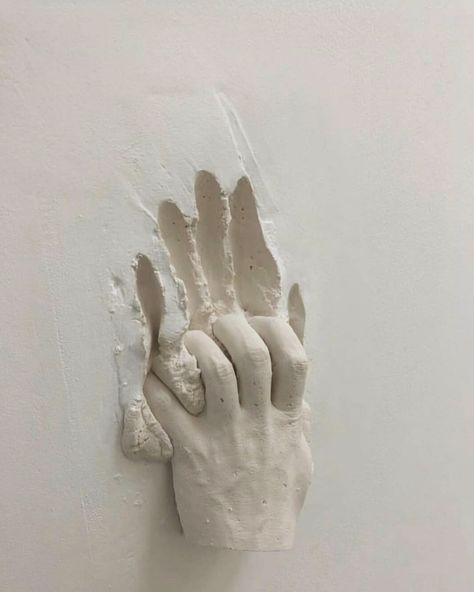Have you ever caught yourself thinking, “I’ll finally feel like I’m enough when…”?
When you get the job.
When you’re in a relationship.
When the kids are happy.
When you’re healthier, wealthier, or just more of something.
But here’s the uncomfortable truth: that finish line keeps moving. We meet one goal, and then another craving appears. That quiet little whisper—“not yet… almost… just a bit more…”—never really goes away.
So who is it that decides when we’re finally “enough”?
And why do we trust that voice without question?
The Mind as the Gatekeeper of Worth
Somewhere along the way—probably when we were too young to know any better—we outsourced our sense of “enoughness” to the mind. We let it decide what’s acceptable, what’s lacking, and what needs to be fixed.
But here’s the thing: we never formally gave it that job.
It just… assumed the role. And we never stopped to question whether it was qualified.
The mind is a powerful tool. It knows how to measure, analyze, categorize, compare. It helps us understand, make decisions, and navigate the world. But those same abilities can become a trap when they start defining our worth.
We begin to live by its measurements:
- “I’m successful if I earn this much.”
- “I’m lovable when I act like this.”
- “I’m valid only if others approve.”
The Box We Build for Ourselves
Buddhist philosophy often talks about how we “stand in our own way.” This is a perfect example. We unknowingly create a mental box full of rules, expectations, and conditions—and then we gently lower ourselves into it, close the lid, and wonder why life feels constrained.
We do the same to others, too. We measure them. Judge them. Predict who they are and what they’re capable of. And in doing so, we shrink not just our world, but theirs.
How dare we limit ourselves like that.
How dare we do it to each other.
Creating a Conversation With the Mind
What if we questioned the authority of the mind—not with anger, but with curiosity?
What if we said:
“Hey, I see what you’re doing, trying to keep me safe. But I’d like to have a say in how this story unfolds.”
That’s when the box starts to loosen. Maybe not all at once. Maybe we just create a mouse-sized hole to peek through. It might be terrifying and thrilling to glimpse what lies beyond our old definitions.
But that’s where growth begins.
As we allow ourselves to explore—our preferences, values, fears, contradictions—we start to realize that most of the assumptions we’ve lived by were just that: assumptions. Not truths. Not laws. Just ideas we inherited or adopted somewhere along the way.
Reclaiming Enoughness
So how do we reclaim our enoughness?
By remembering that we were never supposed to earn it in the first place.
You don’t become enough when something outside of you happens.
You are enough when you decide to stop measuring yourself by impossible standards.
Maybe it starts with simply noticing the voice that says “not yet.”
Then asking: Says who?
And perhaps, if we’re gentle and brave enough, we’ll begin to believe the radical, liberating truth:
You were always enough. You just forgot.
A Few Questions to Sit With:
- Who told you what “enough” should look like?
- Can you remember the first time you felt you weren’t enough?
- What would change in your life if you stopped striving to prove your worth?
Final Thought
This isn’t a one-time realization. It’s a daily practice. A slow unlearning. A continual softening toward the parts of us that still believe they’re not quite there yet.
But every time we pause to question that old narrative, we open a little more space—for self-acceptance, for creativity, for truth. Maybe there is grief, for believing in the deception in the first place. Its all welcome now.
And maybe that’s where real freedom begins.
